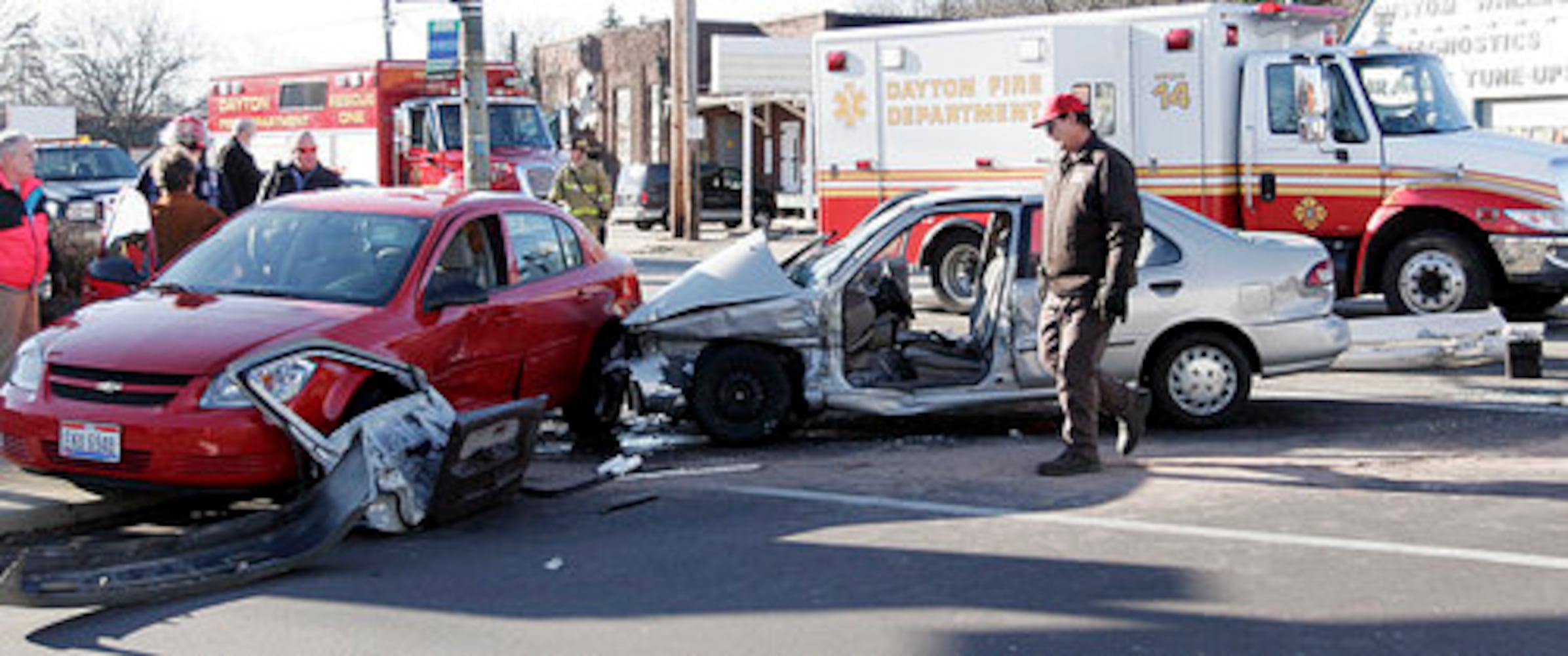Introduction
Experiencing a car accident can be a traumatic event, regardless of the severity. Understanding what actions to take (or avoid) immediately following an incident is crucial for ensuring your safety, documenting the situation correctly, and protecting your legal rights. This article outlines the essential dos and don'ts after a car accident and offers valuable legal advice to navigate your way through potential car accident cases.
The Importance of Immediate Actions
Right after an accident occurs, every moment counts. How you respond can significantly impact your health, the outcome of your insurance claims, and any legal proceedings that may arise.
Do: Ensure Safety
Your first priority post-accident should be safety. If possible, move to a safe area to avoid further accidents. Here’s what you should do:
- Check for injuries among passengers and yourself.Act swiftly to avoid additional collisions by using warning triangles or flares.If it’s safe, turn on your hazard lights.
Don’t: Leave the Scene
Leaving the accident scene could lead to severe legal consequences, including hit-and-run charges. Always remain at the location until authorities arrive unless your life is at risk.
Documenting the Incident
Accurate documentation is vital in any car accident cases, particularly when pursuing claims or navigating through litigation.
Do: Gather Evidence
Collect as much evidence as possible, including:
- Photographs: Capture images of vehicle damage, the accident site, road conditions, traffic signs, and visible injuries. Witness Information: Obtain contact details from any witnesses. Their accounts can be crucial in corroborating your version of events. Police Report: If the police are involved, request a copy of the police report. This document is crucial for insurance claims and might be required in legal proceedings.
Don’t: Admit Fault
Even if you feel partially responsible, avoid making any statements that could be construed as admitting fault. Liability is often determined based on evidence and can be complicated. A police report or insurance investigation will establish fault later.
Communication with Insurers
How you interact with insurance companies can significantly affect the outcome of your case.
Do: Notify Your Insurance Company
Contact your insurance provider soon after the incident. Provide them with accurate details but stick to the facts. Here’s what to include:
- Date and time of the accidentLocation of the incidentInvolved parties and vehiclesSummary of how the accident occurred
Don’t: Provide a Recorded Statement Without Legal Representation
Insurance companies may request a recorded statement about the http://www.diepigs.de/die-rolle-von-verkehrsunfallanwalten-in-sacramento/ accident. It’s advisable to consult with a car accident lawyer before providing any statements, as they can help ensure your rights are protected.
Legal Considerations
Understanding the legal landscape following a car accident is crucial for protecting your interests and securing any compensation you may deserve.
Do: Consult with an Accident Attorney
Engaging with a reputable accident attorney shortly after your accident can provide significant advantages. An experienced attorney can:
- Assess your case and advise on steps moving forward.Negotiate with insurance companies on your behalf.Represent you in court if necessary.
Don’t: Delay Seeking Legal Advice
Each state has a statute of limitations for filing personal injury claims. Delaying contact with a lawyer can jeopardize your ability to seek compensation. Contacting accident law firms as soon as possible can help you understand your options.
Filing a Claim
If the accident results in significant damage or injuries, you may need to file a claim against the at-fault party.
Do: Gather Medical Records
In cases where injuries are sustained, document all medical treatments received as a result of the accident. Gather records, invoices, and any related documentation. This will serve as evidence of your injuries and related expenses, which are crucial for your claim.
Don’t: Overshare on Social Media
While you may be tempted to share your experience online, posting details of the accident or your injuries can affect your case. Insurance companies may monitor your social media and use posts against you. It’s prudent to refrain from discussing the accident publicly until your case is settled.
Negotiating a Settlement
If negotiations with the insurance company begin, it’s important to approach them with caution.
Do: Know Your Rights and Compensation Value
Educate yourself on what constitutes fair compensation. Consider aspects such as:

- Medical expensesLoss of wagesPain and sufferingLoss of consortium
Don’t: Rush to Accept the First Offer
Insurance companies often offer settlements quickly to minimize their payouts. Don’t rush to accept their initial offer; take the time to evaluate the full extent of your injuries and damages.
Conclusion
Navigating the aftermath of a car accident can be overwhelming, but knowing the dos and don'ts can significantly help. Always prioritize safety, document everything, seek professional advice when necessary, and protect your legal rights. The road to recovery can be complex, but with the right knowledge and resources, you can ensure that you are adequately compensated for your losses while adhering to the nuances of car accident cases.